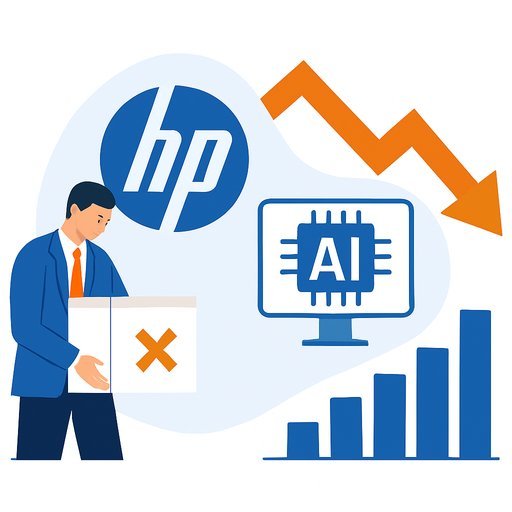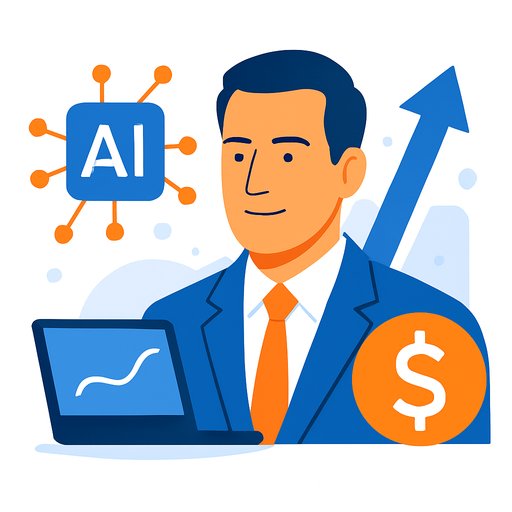CoreWeave to acquire Monolith AI to boost industrial innovation
Industry News - Oct 10, 2025
CoreWeave announced an agreement to acquire Monolith AI, bringing together AI cloud scale with simulation- and test-driven machine learning. For product development teams, this signals a shift toward faster iteration with fewer physical tests and clearer, data-backed decisions.
The combined platform aims to shorten R&D cycles, accelerate design loops, and help teams create durable competitive advantage with AI embedded directly in engineering workflows.
Why this matters for product development
- Shorter validation loops: Use ML to predict outcomes and focus physical tests where they matter most.
- Higher test ROI: Prioritize the next best test, optimize plans, and spot anomalies early.
- Fewer late-stage surprises: Detect failure modes sooner and reduce rework across programs.
- More throughput with existing resources: Shift time from manual testing to higher-leverage design decisions.
What the combined platform offers
- Simulation- and test-driven ML that plugs into established engineering workflows-no in-house AI expertise required.
- Capabilities such as anomaly detection, test plan optimization, and next test recommendation to guide engineers in real time.
- CoreWeave's purpose-built AI cloud to accelerate training and inference across large, complex datasets and models.
- Ecosystem alignment with tools like OpenPipe for reinforcement learning and Weights & Biases for experiment tracking and iteration.
Proof points and expected impact
Monolith's platform is already used by engineering leaders including Nissan, BMW, and Honeywell to remove months from development timelines. Independent analysis backs the upside: McKinsey estimates AI adoption in complex manufacturing can increase R&D efficiency by 20-80 percent.
What this means for automotive and manufacturing
CoreWeave is already active in automotive, serving as the Official AI Cloud Computing Partner of the Aston Martin Aramco Formula One Team and supporting the team's first large-scale cloud computing facility. For product teams, expect more accessible HPC-scale experiments, faster model iteration, and tighter integration between simulation, test, and design decisions.
How to act now
- Audit your test data: Inventory what you have (formats, coverage, quality) and identify high-value use cases (NVH, thermal, fatigue, aero, etc.).
- Prioritize by pain and payoff: Start where physical testing is slow or expensive and outcomes are measurable.
- Pilot fast: Stand up 1-2 ML models for next test recommendation and anomaly detection; measure cycle time, test counts, and defect discovery rates.
- Integrate with workflows: Connect to PLM, test benches, and simulation pipelines; define a feedback loop for data refresh and model updates.
- Upskill the team: Teach engineers how to interpret model outputs and set test thresholds. For structured learning paths by role, explore AI courses by job.
- Track ROI: Report on time saved, tests avoided, issues caught early, and design improvements per release.
Deal notes
Terms were not disclosed. Closing is subject to customary conditions. For updates, visit coreweave.com.
Your membership also unlocks:




